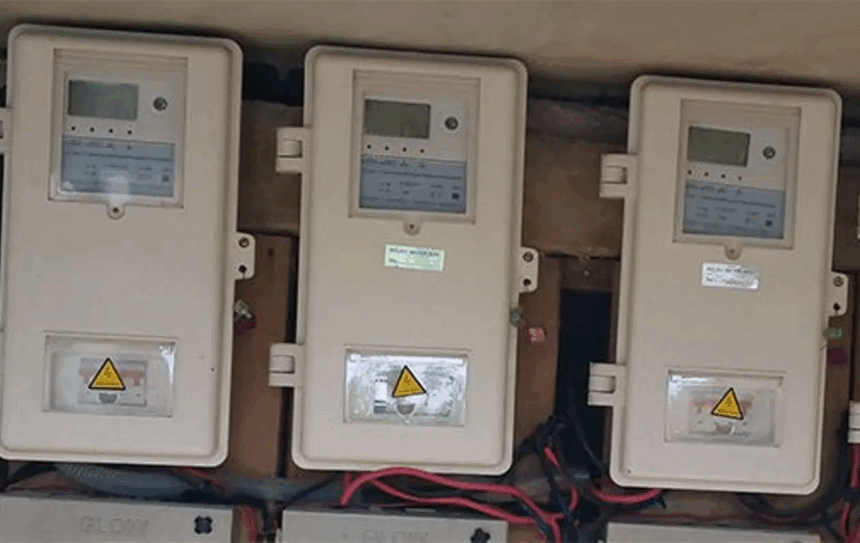-
FG says widespread energy theft worsening sector’s financial crisis.
-
Consumers blame harsh economy, inflation, and weak supply for illegal bypass.
-
Stakeholders urge cost-reflective tariffs with protection for low-income users.
The Federal Government, FG has disclosed that more than 68 per cent of electricity consumers across Nigeria are illegally bypassing their prepaid meters to consume power without payment.
The revelation was made in Abuja during the fifth annual conference of the Power Correspondents Association of Nigeria (PCAN), where experts in the energy sector expressed concern over the worsening liquidity crisis in the nation’s power industry.
ATTENTION: Click “HERE” to join our WhatsApp group and receive News updates directly on your WhatsApp!
Speaking at the event, the Managing Director of Mainstream Energy Limited and board member of the Nigerian Independent System Operator (NISO), Audu Lamu, said Nigeria’s economic hardship has made it difficult for many consumers to pay for electricity.
READ ALSO: FG Considers Selling Warri, Port Harcourt and Kaduna Refineries to Boost Private Investment
Lamu, represented by the Chief Executive Officer of NISO, Abdu Bello Mohammed, noted that inflation, unemployment, and the declining purchasing power of households have eroded citizens’ ability to afford energy costs.
“Millions of households in Nigeria still lack access to reliable electricity. For many, connection to the grid does not guarantee supply, and for others, the cost of energy remains beyond reach,” he said.
While acknowledging the importance of cost-reflective tariffs, Lamu warned that their implementation must not push more Nigerians into energy poverty. He recommended targeted subsidies to support low-income consumers instead of blanket government support that sustains inefficiency.
Also speaking, NISO’s General Manager, Ali Bukar, lamented that the widespread bypassing of meters and energy theft were crippling the financial stability of the power sector.
He called for stricter enforcement and deployment of modern technology to detect and stop theft.
On his part, the Chairman of the Power Correspondents Association of Nigeria (PCAN), Obas Esiedesa, said that over a decade after the privatisation of the power sector, tariff balancing remains one of the biggest challenges facing operators.
He disclosed that the industry is burdened by an estimated ₦6 trillion debt owed to generation companies, in addition to gas shortages, poor transmission infrastructure, and rising foreign exchange rates that threaten operations.
Energy analysts at the event agreed that without a holistic reform combining enforcement, consumer protection, and realistic pricing, Nigeria’s power sector may continue to suffer from persistent inefficiency and weak investment confidence.

